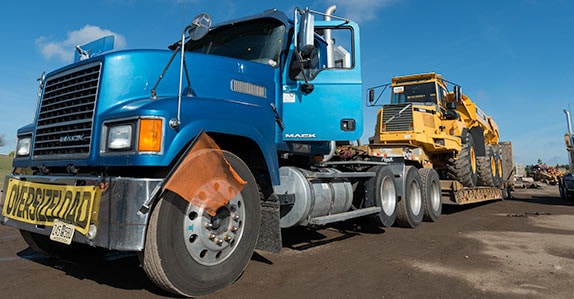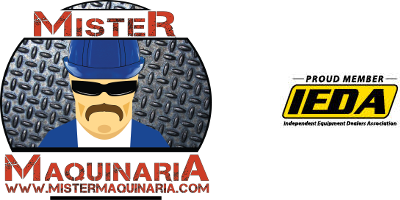
The ABC’s of Acquiring and Importing Heavy Equipment
For many contractors and other users of heavy earthmoving equipment, the prospect of acquiring a machine from a trusted source and importing into their country is a daunting task. Many customers choose to leave that to brokers domiciled in their own country or more broadly to third-parties in the USA where the machinery originates. This process of importing heavy equipment is not as cumbersome as one may believe and “doing it yourself” with the assistance of experienced professionals will usually garner a better value for the end-user. Here is what you should know when it comes to acquiring and importing heavy equipment:
- A) Quoting and Acquisition – while there are many sources it is my experience that buying used equipment from an authorized dealer rental fleet should be the first choice. These machines are generally maintained per factory specifications by such dealers and offer quality machinery with good maintenance history, documented. Whether one deals directly with a dealer or via a trusted USA-based broker, rental fleet units are generally superior to other machines in the marketplace or advertised on the internet and via other media.
- B) Freight Forwarding – to manage the transport of equipment from your “port of embarkation” or, “where it departs the USA” to the chosen port of entry in your country where machines will be put to work, the network of proficient agents is substantial. These “freight forwarders” have the expertise to manage the logistics, clear US Customs and even perform the same functions within your country and to your jobsite or final destination. Using established freight forwarders knowledgeable in importing heavy equipment is recommended in order to avoid pitfalls which may cause delays in delivery and spending more money on this process. I have some recommendations based on a long history of superior service and performance. Concord International, Energy Systems and Hansen Shipping are three companies I feel confident referring
- C) Customs Brokerage – handling the intricacies of “nationalization” and associated tasks for importing heavy equipment into your Country should be performed by local firms as they are much more familiar with administrative process and more agile when working through potential obstacles. It is common for freight forwarding and customs brokerage activities to be managed by one organization, this is the preferred provider; a firm which has an office and local personnel doing the job.
I believe that empowering buyers to manage their own search, acquisition and delivery of equipment is the next step in the natural evolution within our industry, and I am here to assist.
